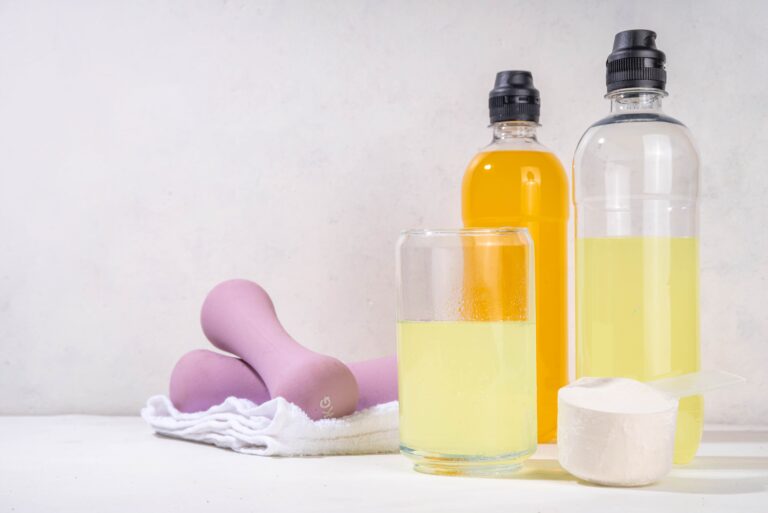Strolling down supermarket aisles in 2025, it’s hard to miss the pastel-coloured cans of “functional beverages” promising calm, focus and a host of other mental and physical benefits. Packed with ingredients such as ashwagandha, lion’s mane mushroom, magnesium and CBD, the drinks have become a wellness trend worth billions.
The global functional drinks market is projected to reach $248.5bn by 2030, fuelled by a shift away from alcohol and the rise of health-conscious young consumers. In the UK, almost half of 18 to 24-year-olds now opt for low- or non-alcoholic alternatives, according to YouGov.
“These products fit perfectly into today’s wellness culture,” says Nicolle Cucco, a registered dietitian and trainer. “The idea of a quick, drinkable fix is very attractive in a fast-paced world, especially when stress and anxiety are so common.”
But do they actually work? Research on popular ingredients shows mixed results. Ashwagandha and L-theanine have shown some promise in reducing stress and improving focus in trials, while magnesium can help if you’re deficient – but taking extra won’t benefit everyone. The evidence for many other “super” ingredients remains limited.
That hasn’t stopped slick marketing from selling the dream. Earlier this year, UK regulators banned a TRIP advert that implied its CBD-infused drinks could relieve stress and anxiety – claims judged as unproven. Experts warn that over-promising risks misleading consumers and undermining trust.
There’s also the placebo factor. “Simply believing a drink will help you relax can genuinely change how your brain perceives stress,” says Cucco. While that doesn’t make the drinks useless, it does suggest their effects may depend as much on mindset as on science.
Functional beverages have boomed thanks to influencer culture, but experts stress they’re no substitute for medical treatment. While unlikely to cause harm – aside from a dent in your wallet, with a 12-pack costing up to €27 – they won’t cure anxiety disorders or ADHD.
“Consumers should look beyond the buzzwords,” Cucco says. “Some ingredients may be beneficial, others less so. Taking time to understand what you’re putting into your body is the wisest approach.”

